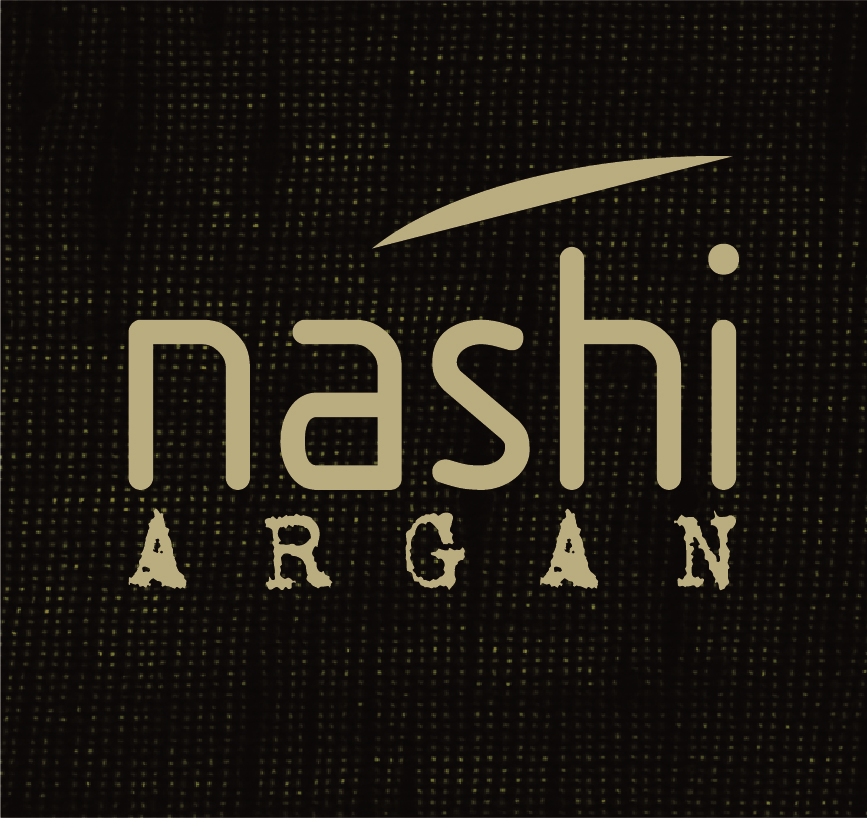

LANDOLL SRL

Lombardy, Italy
November 2024
Personal care products
Manufacturing
France,
Germany,
Italy,
Slovenia,
Spain,
Switzerland,
United Arab Emirates,
United States
Nashi Argan and Nashi are independent brands in the hair care sector, offering a comprehensive range of hair, body, and skincare products with a strong focus on simplicity, transparency and immersive experience. Produced by Landoll S.r.l. they are present in professional salons in Italy and around the world in more than 50 countries, as well as distributed by Nashi Argan S.r.l. in the direct monobrand boutiques. Both brands prioritize an authentic identity, effectively communicating the benefits and values that define the experience with their products. Founded in Milan in 1966, Landoll S.r.l. is deeply committed to respecting nature and minimizing its environmental impact. This commitment is evident in its use of packaging made primarily from recycled and recyclable materials, as well as its integration of self-produced renewable energy into its production processes. By choosing Nashi Argan and Nashi, consumers align with a conscious and sustainable approach to beauty.
Overall B Impact Score
Governance 8.7
Governance evaluates a company's overall mission, engagement around its social/environmental impact, ethics, and transparency. This section also evaluates the ability of a company to protect their mission and formally consider stakeholders in decision making through their corporate structure (e.g. benefit corporation) or corporate governing documents.
What is this? A company with an Impact Business Model is intentionally designed to create a specific positive outcome for one of its stakeholders - such as workers, community, environment, or customers.
Workers 27.2
Workers evaluates a company’s contributions to its employees’ financial security, health & safety, wellness, career development, and engagement & satisfaction. In addition, this section recognizes business models designed to benefit workers, such as companies that are at least 40% owned by non-executive employees and those that have workforce development programs to support individuals with barriers to employment.
Community 19.6
Community evaluates a company’s engagement with and impact on the communities in which it operates, hires from, and sources from. Topics include diversity, equity & inclusion, economic impact, civic engagement, charitable giving, and supply chain management. In addition, this section recognizes business models that are designed to address specific community-oriented problems, such as poverty alleviation through fair trade sourcing or distribution via microenterprises, producer cooperative models, locally focused economic development, and formal charitable giving commitments.
Environment 27.2
Environment evaluates a company’s overall environmental management practices as well as its impact on the air, climate, water, land, and biodiversity. This includes the direct impact of a company’s operations and, when applicable its supply chain and distribution channels. This section also recognizes companies with environmentally innovative production processes and those that sell products or services that have a positive environmental impact. Some examples might include products and services that create renewable energy, reduce consumption or waste, conserve land or wildlife, provide less toxic alternatives to the market, or educate people about environmental problems.
What is this? A company with an Impact Business Model is intentionally designed to create a specific positive outcome for one of its stakeholders - such as workers, community, environment, or customers.
Customers 3.8
Customers evaluates a company’s stewardship of its customers through the quality of its products and services, ethical marketing, data privacy and security, and feedback channels. In addition, this section recognizes products or services that are designed to address a particular social problem for or through its customers, such as health or educational products, arts & media products, serving underserved customers/clients, and services that improve the social impact of other businesses or organizations.